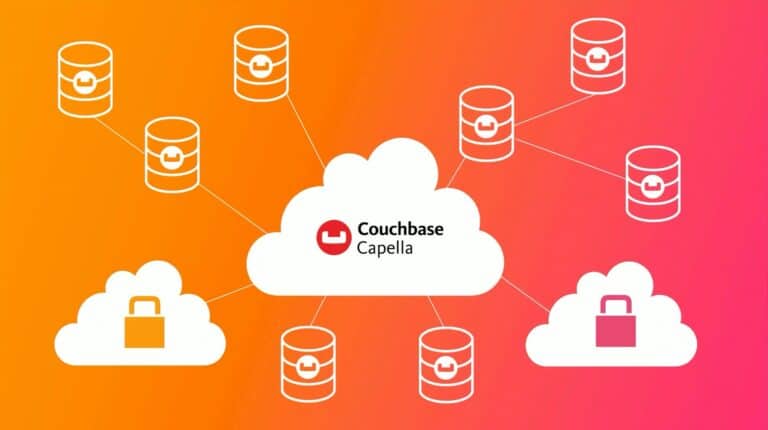Couchbase is coming out with an update for Capella. The database solution gets a new user interface and storage features. The update should make it easier for developers to build new applications.
Couchbase signals that developers today have the resources for application development. However, they spend a lot of time dealing with issues around “highly complex, multi-factor developer toolchains.”
To address these issues, Capella is getting a new user interface. In it, developers should find the tools and tasks to build an application with the database service. “Developers that are new to Capella will find it familiar, with design and navigation inspired by popular developer-centric tools like GitHub. Additionally, in-product help and tutorials have evolved and are easier to find, making it quicker to get answers if questions arise.”
The new user interface will initially be available in private preview. Later, it will become general available.
Magma engine
In addition, the new release of Capella comes with additional storage features. For example, Couchbase will come with a second storage engine, Magma, which promises increased performance for certain applications. Magma will coexist with the default engine Couchstore. Both engines will be used to retrieve data for applications, as well as to store new information.
Magma focuses on a specific use case for data storage. To understand that use case, some knowledge of normal operation is needed. Databases normally store data when not in use on storage drives. When the data is needed, it then goes to memory. Capella can skip that process by storing the record in-memory. By skipping these steps, the number of calculations for data analysis decreases, improving performance.
Still, storing information in-memory is not always possible. For example, some software solutions have large, complex data sets that cannot be stored on server memory chips. The Magma engine focuses precisely on improving the performance of that software. If a large data set cannot be stored in-memory, it must be stored on flash or disk drives. Magma applies optimizations to accelerate the speed of data processing in the drives. According to Couchbase, this enables Capella to handle some processing tasks up to four times faster than comparable technologies. One-tenth the memory is used.
Also read: Oracle combines relational databases and JSON in Oracle Database 23c
